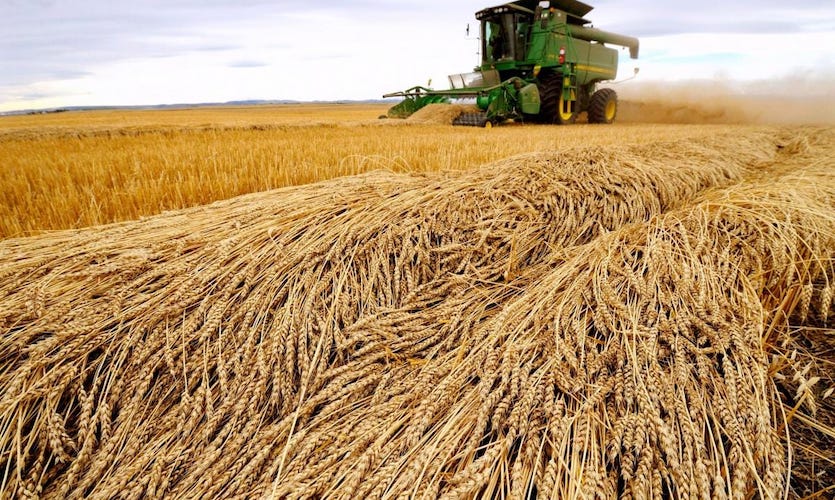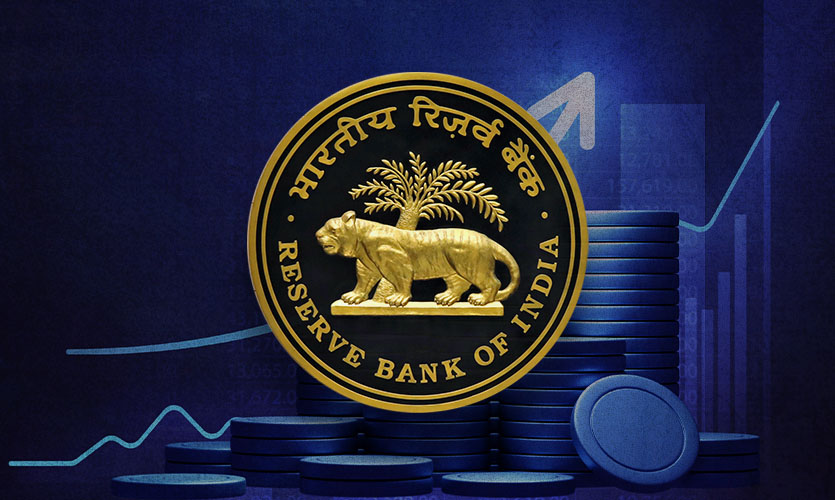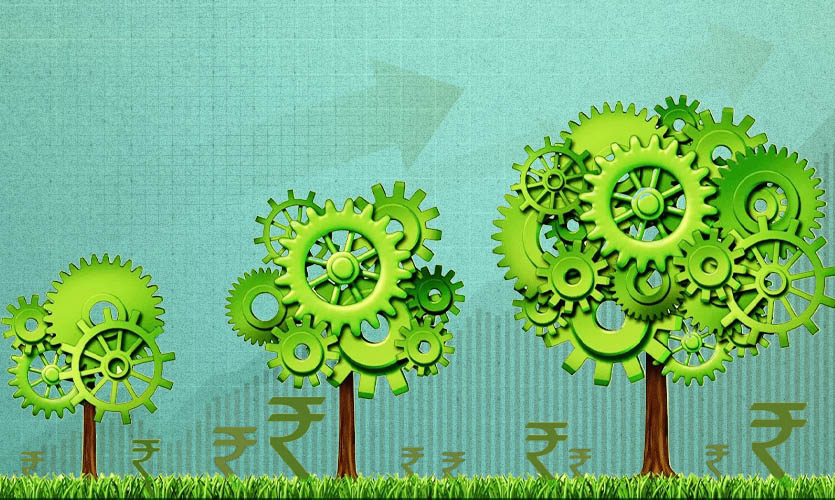India banned wheat exports earlier this month after an unusual heatwave reduced grain output and caused local prices to reach a record high. According to reports, concerned countries have been requesting that the prohibition be lifted. However, India’s Minister of Commerce and Industry Piyush Goyal has disputed that the wheat export restriction would have little impact on world commerce.
“India wheat exports are less than 1 percent of world trade and our export regulation should not affect global markets. We continue to allow exports to vulnerable countries and neighbours,” he said, commenting on the same at the Davos annual meeting.
On Tuesday, Kristalina Georgieva, the head of the International Monetary Fund (IMF), urged India to reconsider its restriction on wheat exports, saying that the country could play an important role in international food security and global stability.
“I do have an appreciation for the fact that India needs to feed nearly 1.35 billion people and I do have an appreciation for the heatwave that has reduced agricultural productivity, but I would beg India to reconsider as soon as possible because the more countries step into export restrictions, the more others would be tempted to do so and we would end up as a global community less equipped to deal with the crisis,” said Georgieva during the World Economic Forum (WEF) in Davos, Switzerland.
When asked how much it would help if India lifted its ban, Georgieva responded, “Wheat is one of the areas where Ukraine and Russia have been dramatically impacted by the war so depending on how much India can export and where it directs its exports, it could have a significant impact, especially if exports go to the countries most severely impacted like Egypt or Lebanon where what we see is not only risk of hunger but the risk of social unrest and impact on global stability.”
While India has prohibited wheat exports due to reduced output and all-time high local prices, the nation has stated that it would continue to allow exports to countries who seek supply “to meet their food security needs”. Due to the severe heat waves in the northwestern parts of the country, India’s wheat harvest is expected to decline by 7 to 8 percent, as Piyush Goyal said at the WEF, on May 24.
The world’s second-largest wheat grower is expected to harvest 106.41 million tonnes in 2022, about 4.4 percent less than the previous projection, according to the agricultural ministry on Thursday. Export prohibition was a dramatic U-turn as the administration initially indicated record exports for this year. The Russian invasion of Ukraine has also had an impact on the international supply of wheat since the two nations account for around 30 percent of global wheat exports.
In March, wholesale wheat inflation spiked to 14 percent, the highest level in 63 months. Wheat inflation last spiked in December 2016.
According to sources, countries like Egypt and Turkey cannot expect India to open up to them, as they themselves impose curbs. Furthermore, the war has caused Ukraine to block its ports, thereby limiting its exports, while Western sanctions have affected Russia’s exports. Like Canada and Australia, other export powerhouses have reported production concerns, which could result in new record prices, especially for impoverished clients in Asia and Africa.
Based on the rankings of the countries exporting wheat, as per Moneycontrol, India was ranked 19th in 2020, 35th in 2019, 36th in 2018, 36th in 2017, and 37th in 2016, which indicates that it has an insignificant share (0.47 per cent) globally, Seven countries have the largest share in the overall quantity of wheat exported over the past five years, which includes Canada, France, Russia, and the US. An approach based on negotiation instead of conflict could have prevented Russia and Ukraine from removing nearly a quarter of their wheat exports.
Despite low wheat production due to extreme heat waves that caused the grains to shrivel, and the resultant decrease in yield per acre, India exported wheat worth $177 million and $473 million in March and April this year, respectively.
As a part of measures to control rising domestic prices, the Directorate General of Foreign Trade (DGFT) has imposed a ban on wheat exports due to a sudden increase in the price of the grain in the global market. Furthermore, the Indian government has explained that the ban was imposed to ensure overall food security. In cases where prior commitments have been made by private trade through Letters of Credit, permission may be granted by the government to satisfy the food security needs of other countries.
Many nations, alongside the chief of IMF, have condemned the wheat export ban, even though it is intended to deal with the overall food security situation in India and to support the needs of its neighbours.










